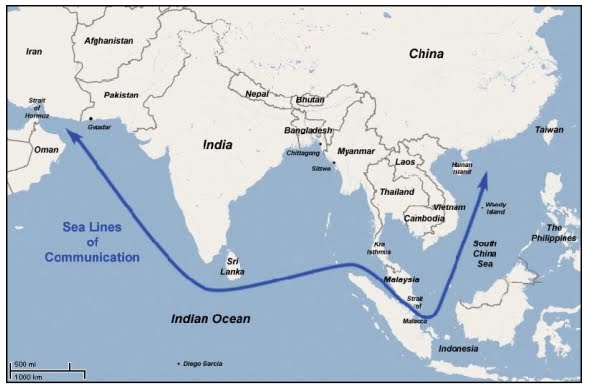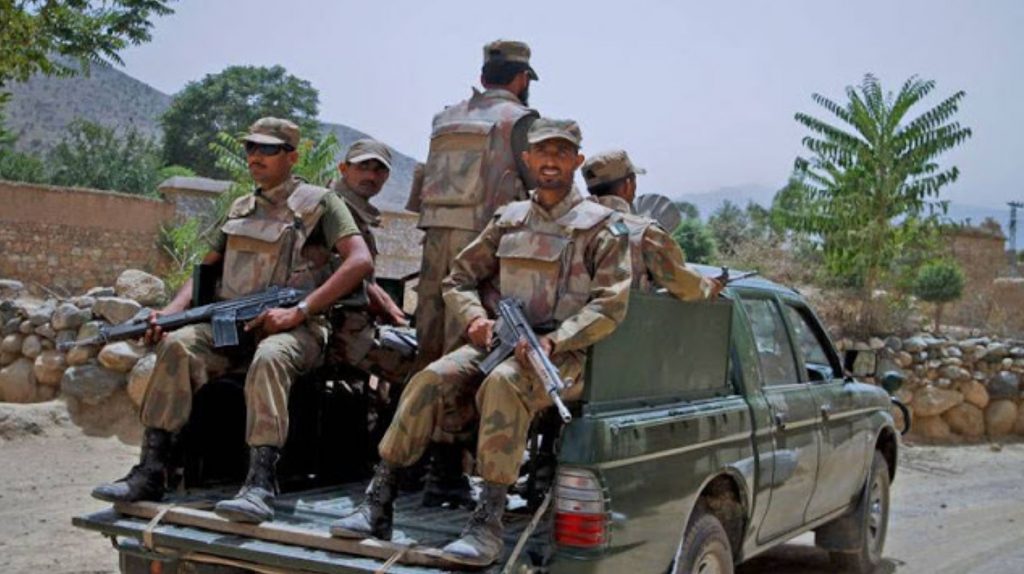ISIS “Coincidentally” Appears Along China’s One Belt, One Road
Two Chinese teachers based in Pakistan’s southwest province of Baluchistan were reportedly abducted and murdered by militants from the self-proclaimed “Islamic State” (ISIS).
CNN, in an article titled, “‘Grave concern’ over Chinese teachers reportedly killed by ISIS in Pakistan,” would attempt to portray the act of terrorism as a random strike aimed at China’s expanding economic activity abroad.
In reality, the terror attack was very precise in terms of location and purpose, and fits into a larger pattern of violence and political instability that has plagued Pakistan’s Baluchistan province and China’s ambitions there for years.
US Using Proxies to Disrupt China-Pakistan Economic Corridor
Baluchistan, and more specifically, the port city of Gwadar, serve as the central nexus of the China-Pakistan Economic Corridor (CPEC). It is a complex and expanding system of rail, roads, ports, and other infrastructure projects built jointly with the Pakistani government to facilitate regional economic growth – and an integral component of the much larger One Belt, One Road initiative.
 Disrupting China’s economic lifelines to the rest of the world is an open objective of US policymakers. A paper published in 2006 by the Strategic Studies Institute titled, “String of Pearls: Meeting the Challenge of China’s Rising Power across the Asian Littoral.” identified Gwadar by name as one of several components of China’s “String of Pearls.”
Disrupting China’s economic lifelines to the rest of the world is an open objective of US policymakers. A paper published in 2006 by the Strategic Studies Institute titled, “String of Pearls: Meeting the Challenge of China’s Rising Power across the Asian Littoral.” identified Gwadar by name as one of several components of China’s “String of Pearls.”The report states explicitly in regards to a possible “hard approach” toward Beijing that:
There are no guarantees that China will respond favorably to any U.S. strategy, and prudence may suggest to “prepare for the worst” and that it is “better to be safe than sorry.” Is it perhaps better to take a hard line towards China and contain it while it is still relatively weak? Is now the time to keep China down before she can make a bid for regional hegemony? Foreign policy realists, citing history and political theory, argue that inevitably China will challenge American primacy and that it is a question of “when” and not “if” the U.S.-China relationship will become adversarial or worse.
What better way to contain China’s regional ambitions than to mire economic development in places like Baluchistan with armed militancy, or obstruct it altogether with a US-backed independence movement in the province?
US policymakers have noted just that. In a 2012 paper published by the Carnegie Endowment for International Peace titled, “Pakistan: The Resurgence of Baluch Nationalism” (PDF), it would be stated unequivocally that (emphasis added):




